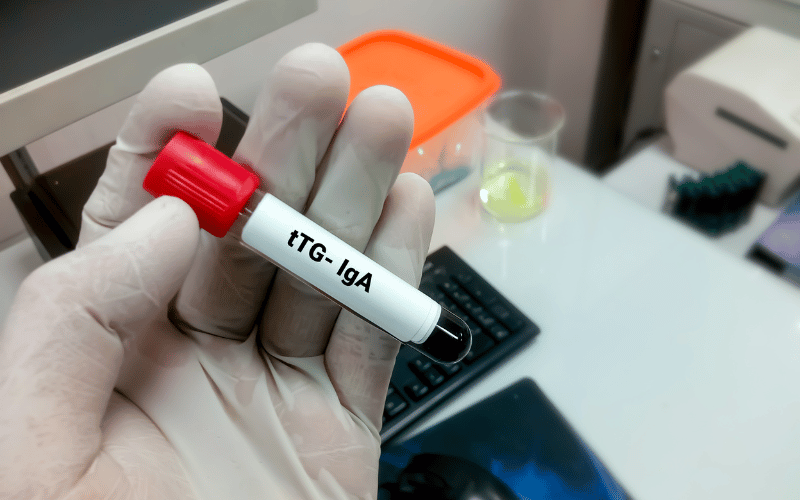Type 2: IgA Myeloma

IgA myeloma, comprising about 20% of multiple myeloma cases, zeroes in on the IgA antibodies. These antibodies predominantly exist in our body fluids and play an essential role in defending the body’s mucosal surfaces from infections. When they become a target for myeloma, the ensuing complications can be multifaceted.
Patients diagnosed with IgA myeloma often present with similar symptoms as the IgG type. Fatigue due to anemia and bone pain are quite common. However, what sets IgA myeloma apart is its heightened association with kidney complications. The abnormal protein buildup in the kidneys often results in their reduced efficacy.
Moreover, these patients might also experience frequent infections, especially of the mucosal surfaces. This includes infections in areas like the respiratory and gastrointestinal tracts. Given the IgA antibody’s role in these areas, it’s unsurprising that they become more vulnerable when the antibody is compromised.
Further, neurological symptoms can also be more prevalent in this type. Patients might experience numbness or weakness in the legs. This can be a result of the myeloma affecting the spinal bones and pressing on the nerves. (2)